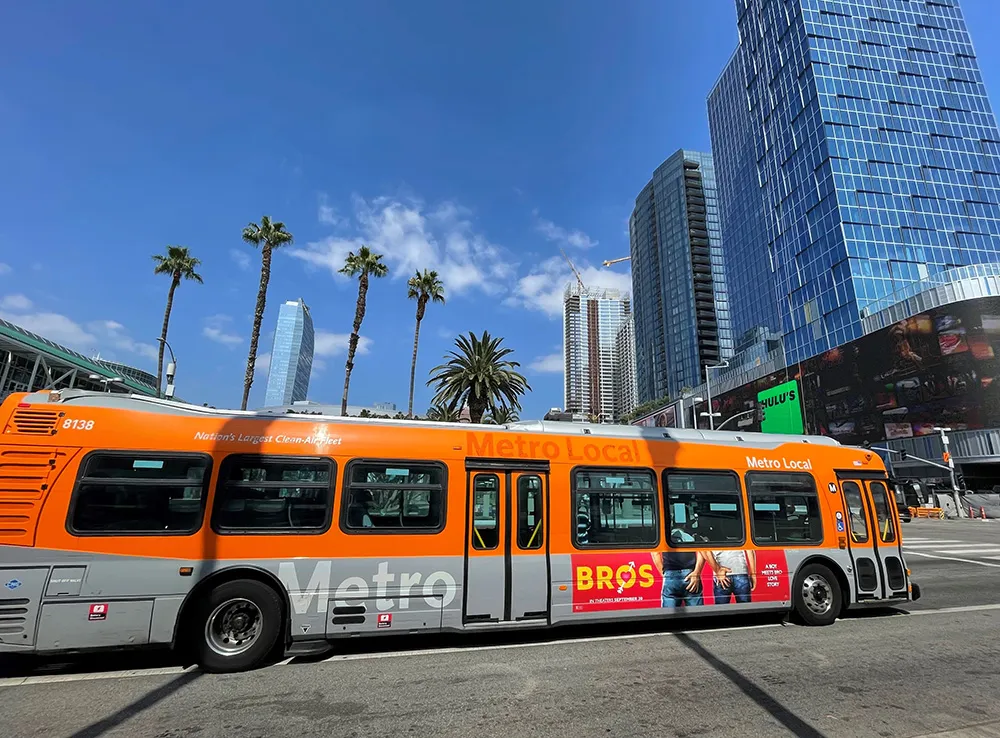The US Department of Transportation’s Federal Transit Administration (FTA) has awarded US$37.5 million in federal grant funds to the Central Ohio Transit Authority (COTA) for a new Bus Rapid Transit (BRT) service in Columbus. The new line, CMAX, will help relieve passenger crowding and spur economic development along Cleveland Avenue, one of the city’s busiest travel corridors
The 15.6-mile BRT service will provide a much-needed option in a corridor with high transit use. CMAX will help reduce passenger
June 3, 2016
Read time: 2 mins
The 324 US Department of Transportation’s Federal Transit Administration (FTA) has awarded US$37.5 million in federal grant funds to the Central Ohio Transit Authority (COTA) for a new Bus Rapid Transit (BRT) service in Columbus. The new line, CMAX, will help relieve passenger crowding and spur economic development along Cleveland Avenue, one of the city’s busiest travel corridors
The 15.6-mile BRT service will provide a much-needed option in a corridor with high transit use. CMAX will help reduce passenger crowding and improve travel speeds and schedule reliability along the corridor.
BRT service is planned to operate in existing peak-period bus-only lanes for one mile in downtown Columbus and in mixed traffic for the rest of the route. The project also includes 32 bus stops, construction of two park-and-ride lots, the purchase of 15 compressed natural gas buses, transit signal priority and next-bus arrival information for passenger platforms.
CMAX is scheduled to open in January 2018.
The 15.6-mile BRT service will provide a much-needed option in a corridor with high transit use. CMAX will help reduce passenger crowding and improve travel speeds and schedule reliability along the corridor.
BRT service is planned to operate in existing peak-period bus-only lanes for one mile in downtown Columbus and in mixed traffic for the rest of the route. The project also includes 32 bus stops, construction of two park-and-ride lots, the purchase of 15 compressed natural gas buses, transit signal priority and next-bus arrival information for passenger platforms.
CMAX is scheduled to open in January 2018.









